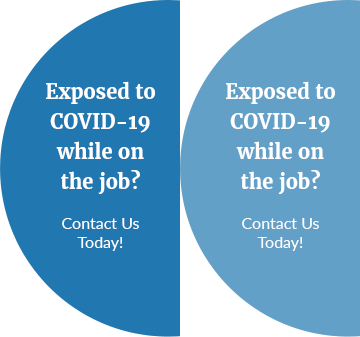How Sleep Deprivation Affects Work Performance
In today’s society where so many people are constantly on the go trying to juggle work, family life, shopping, and finding time for recreation, lack of proper sleep is a common occurrence. Sleep is the one area where individuals seem willing to compromise and go without. They routinely stay up an extra hour, get up an hour early, and pull the occasional “all-nighter”.
Although it has become commonplace, sleep deprivation is far more than just a minor annoyance. In fact, it can have severe adverse effects that impact work performance and many other areas of life.
Unfortunately, many employers these days do very little to help their employees get a good night’s sleep. Worse yet, a lot of companies outright encourage their employees to go without the sleep they need by asking them to work longer shifts and extra days and put in numerous hours of overtime. This is a very short-sighted approach, because it not only damages an employee’s health in exchange for some extra hours of work in the short term, it can also lead to more workplace accidents, and it can negatively impact long-term production.
Sleep Deprivation Linked to Well-Known Disasters
Back in 2013, the Huffington Post reported that sleep deprivation played a role in five of the worst disasters that have occurred in recent decades:
- The 1979 nuclear meltdown at Three Mile Island right here in Pennsylvania.
- The 1986 Challenger space shuttle explosion at Kennedy Space Center in Florida.
- The 1986 Chernobyl nuclear power plant explosion in the Ukraine.
- The 1989 Exxon Valdez oil spill off the coast of Alaska.
- The 1999 American Airlines Flight 1420 crash after overshooting the runway at Little Rock National Airport in Arkansas.
These are just some of the high-profile disasters we have heard about that were caused at least in part by sleep deprivation, but there are countless other sleep-related workplace accidents with serious injuries and fatalities that never make the headlines.
The Effects of Sleep Deprivation on the Job
There are a number of ways that lack of sleep can affect work performance. Examples include:
Susceptibility to Distractions
Studies have shown that there is a link between sleep deprivation and symptoms of conditions such as ADHD. Those who have not had a proper amount of sleep have a difficult time staying focused on a task, and they are much more susceptible to being distracted. This hampers their ability to keep organized and stay on task, skills that are very important in most occupations.
Changes in Behavior
Sleep deprivation can negatively impact the morale of the workplace, because it can cause mood swings and various improper behaviors. Many of us have seen this in our own lives. For example, when we do not get enough sleep, we tend to become more irritable and inpatient with others whom we would normally treat kindly. In the workplace, this can translate into poor communication and/or unnecessary strife between workers. Those who are sleep deprived also tend to make riskier decisions, which can put themselves and their co-workers in great danger.
Decreased Cognitive Skills
Not getting enough sleep can negatively impact our mental acuity and reduce our ability to process and grasp new information. Sleep deprivation has also been shown to decrease our ability to remember new things that we learn in the workplace.
Impaired Driving Ability
Those who operate vehicles for a living run an even greater risk of work-related hazards caused by sleep deprivation. Driving without enough sleep damages the driver’s ability to focus on the road and slows reaction times, making it more difficult to effectively react when adverse road conditions arise. Drowsy driving from sleep deprivation is a major problem with occupations such as delivery drivers, over-the-road tractor-trailer drivers, and those who operate heavy machinery such as cranes and forklifts.
Decline in Job Performance
The numerous effects of sleep deprivation ultimately result in poorer work performance and a decline in productivity. In fact, a study by Marshall University reported that workers who are sleepy on the job experience roughly a 30% decline in the quality and quantity of their work output. So, as we talked about earlier, employers who overwork their employees are not only running a far greater risk of a workplace accident (with potentially serious and fatal injuries), they are also getting far less production than they think from their tired workers.
Injured in a Workplace Accident in Pennsylvania? Contact a Seasoned Pittsburgh Workplace Injury Lawyer
If you or a loved one has been injured in a workplace accident that was caused by sleep deprivation or any other reason, Caroselli, Beachler & Coleman is here to help. Call our office today at 412-567-1232 or toll-free at 866-466-5789 or message us online to find out more about your legal rights and options.







